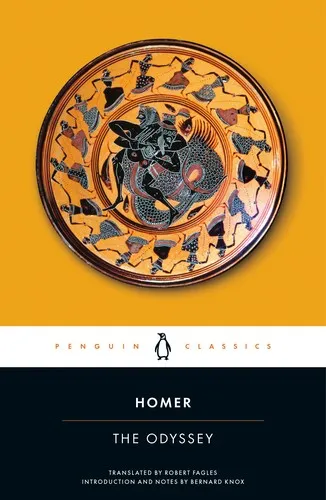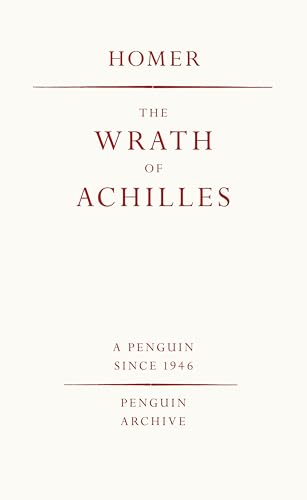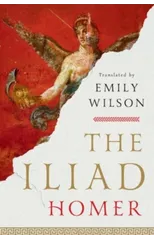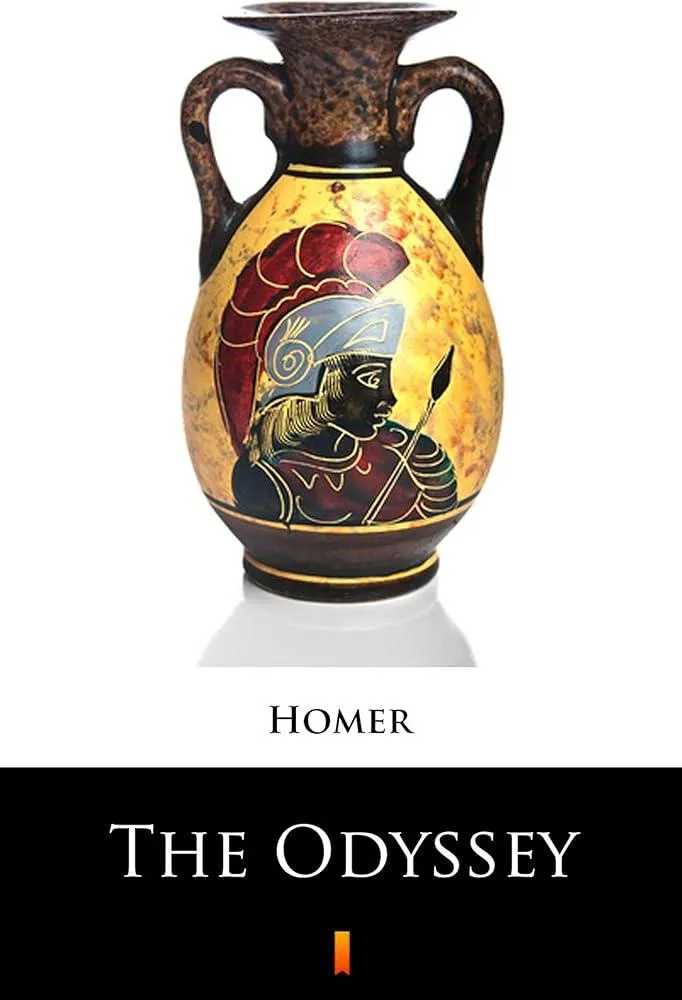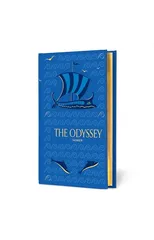When Robert Fagles' translation of the Iliad was published in 199, critics and scholars alike hailed it as a masterpiece. Now one of the great translators of our time presents us with the Odyssey, Homer's best-loved poem, recounting Odysseus' wanderings after the Trojan War. With wit and wile, the 'man of twists and turns' meets the challenges of gods and monsters, only to return after twenty years to a home besieged by his wife's suitors. In the myths and legends retold in this immortal poem, Fagles has captured the energy of Homer's original in a bold, contemporary idiom.
Homer
Homer is an ancient Greek poet believed to have lived in the 8th century BC. His most notable works include the epic poems "The Iliad" and "The Odyssey," which are considered masterpieces of Western literature. Homer's writing style is known for its vivid imagery, epic themes, and complex characters. His contributions to literature include establishing the epic genre and influencing countless writers and poets throughout history. "The Odyssey" is Homer's most famous work, telling the story of Odysseus' journey home after the Trojan War. Homer's impact on literature is immeasurable, with his works continuing to be studied and admired for their timeless themes and storytelling prowess.
